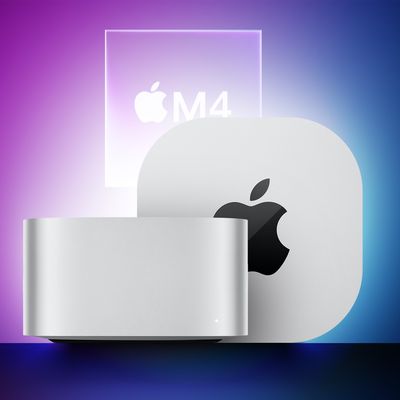iPadOS 16 Lets Apps Use Storage as Virtual RAM on M1 iPads
Apple is adding virtual memory swap to iPadOS 16, allowing apps on the recent iPad Pro and iPad Air models to use free and available storage as extra memory for demanding workloads.

With iPadOS 15, certain apps can use up to 12GB of memory on the highest-end M1 iPad Pro which has 16GB of total RAM. With iPadOS 16 and virtual memory swap, Apple is significantly increasing the amount of memory an app can use by tapping into available storage on the device.
For M1 iPad Pro models, apps can use up to 16GB of memory for the most demanding workloads. Fifth-generation iPad Air models with the M1 chip and a minimum of 256GB of storage also support the feature.
Virtual memory swap and the higher memory ceiling join a list of features coming with iPadOS 16 that are exclusive to the M1 iPad Pro and iPad Air, including Stage Manager. In fact, Apple told Digital Trends that Stage Manager relies on this virtual RAM swap.
Stage Manager is an entirely new way for pro-users to use their iPad, allowing users to have multiple windows of an app opened at once, overlaid on top of each other. Stage Manager also enables full external display support on iPadOS for the first time.
iPadOS 16 is currently available to developers, with a public beta planned in July. iPadOS 16 will be available to all supported iPads later this fall.
Update: Apple's footnote on its iPadOS 16 preview page originally stated that it was the fourth-generation iPad Air that supported the feature, but the error has been corrected.
Popular Stories
Leaker Sonny Dickson is back today with a new dummy unit image showing all four iPhone 16 Pro color variants, including the rose gold or "bronze" unit that replaces Blue Titanium in the existing iPhone 15 Pro models. The iPhone 16 Pro models are expected to come in black, white or silver, gray or "Natural Titanium," and a rose or rose gold color replacing Blue Titanium, according to Apple...
Multiple rumors have suggested that the iPhone 16 models are going to have an all-new button that's designed to make it easier to capture photos when the devices are held in landscape mode. Apple calls the button the Capture Button internally, and it is going to be one of the most advanced buttons that's been introduced to date with support for multiple gestures and the ability to respond to ...
Apple typically releases its new iPhone series in the fall, and a possible September 10 announcement date has been floated this year, which means we are just one month away from the launch of the iPhone 16. Like the iPhone 15 series, this year's lineup is expected to stick with four models – iPhone 16, iPhone 16 Plus, iPhone 16 Pro, and iPhone 16 Pro Max – although there are plenty of design...
Apple's iPhone 16 series is expected to debut in September 2024. This release follows Apple's trend of introducing new iPhone models annually in the fall. While the exact date has yet to be officially confirmed, the day of Tuesday, September 10 has been rumored as a possible announcement date, and September has traditionally been the month when Apple unveils its latest smartphone innovations. ...
Apple is moving forward with its project to develop a tabletop robotic device, according to Bloomberg's Mark Gurman. Subscribe to the MacRumors YouTube channel for more videos. The device would feature a large iPad-like display mounted on a "thin robotic arm" that would allow the display to tilt and up and down and rotate a full 360º, and it would serve as a "smart home command center," a...
It's almost September, but Apple still has multiple new product launches planned for 2024. New iPhone 16 models and Apple Watches are coming in September, and we're also going to get at least three Mac updates with M4 chips this year, according to rumors. Here's what's on the horizon. MacBook Pro Apple plans to refresh both the 14-inch and 16-inch MacBook Pro models, adding M4 chips. The ...
T-Mobile was fined $60 million by the Committee on Foreign Investment in the US (CFIUS) for negligence surrounding data breaches, reports Reuters. CFIUS penalized T-Mobile for failing to prevent or disclose unauthorized access to sensitive customer data. When T-Mobile merged with Sprint, it signed a national security agreement with CFIUS, which is what led to the fine earlier this year....





















